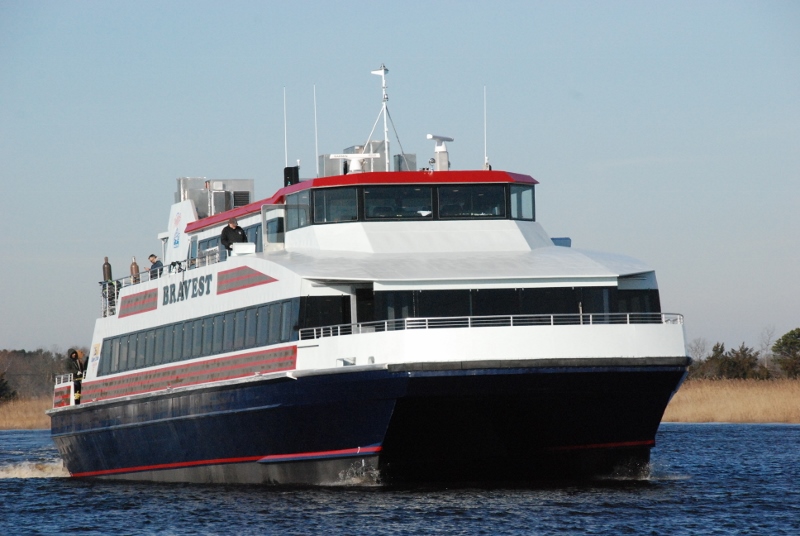Yesterday, the Passenger Vessel Association sent a letter to Congressional leaders urging them to enhance and expand the Paycheck Protection Program (PPP) to provide additional assistance to small businesses affected by the coronavirus pandemic.
The PVA said that the domestic U.S.-flagged passenger vessel industry has literally been shut down as a result of the pandemic, and in normal times is a solid contributor to the nation's travel and tourism industry and economy. The industry normally employs thousands of U.S. workers and carries more than 200 million passengers each year aboard U.S-flagged small passenger vessels. The PVA further emphasized that the U.S. passenger vessel industry at-large also includes important suppliers such as U.S. shipyards, engine manufacturers, electronics suppliers, naval architects and others who have also been negatively affected by the coronavirus outbreak.
Despite the important funding provided by the current PPP, PVA said that the funding "will fall far short of the emergency assistance that is actually necessary to sustain small businesses as a whole, including those in the passenger vessel industry."
The PVA suggested that the following enhancements be made to the Small Business Association's PPP:
- Increase funding levels dramatically.
- Extend the period for forgivable PPP payroll expenses from eight weeks to 24 weeks or more.
- Eliminate the arbitrary 25% limit on spending on costs other than payroll for purposes of loan forgiveness.
- Specify that vessel insurance and fuel are allowable costs to use PPP funds for and ensure that they are forgivable.
- Authorize a U.S. passenger vessel company that operates vessels in more than one geographic area to be able to participate in PPP if there are fewer than 500 employees in each location (as is the case for hotels and restaurants).
- Extend the loan repayment period from two to five years or more.




